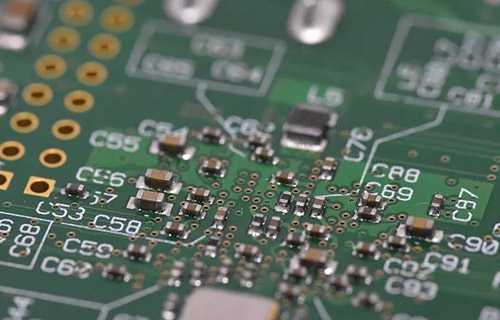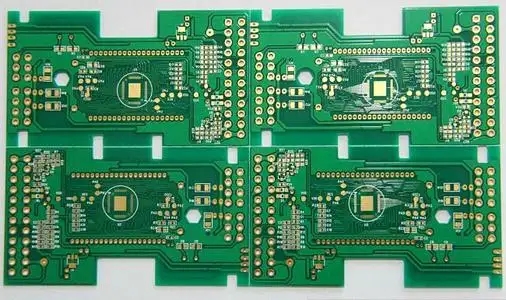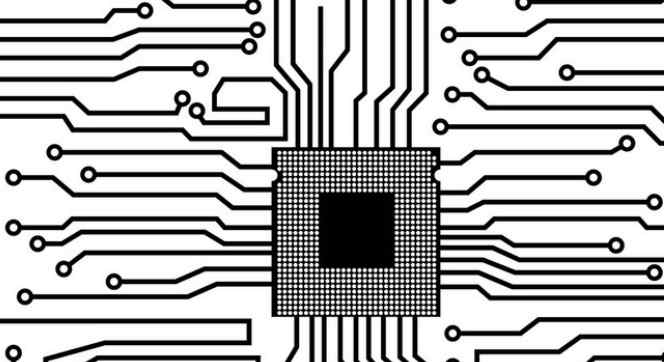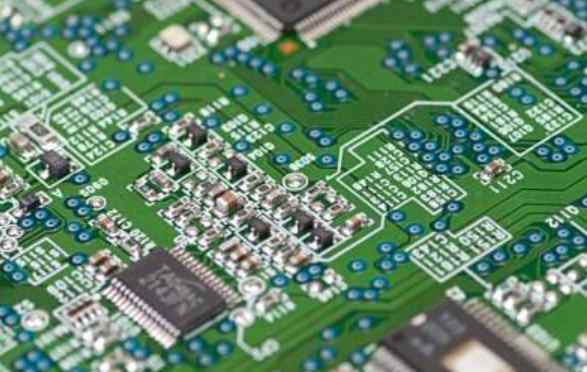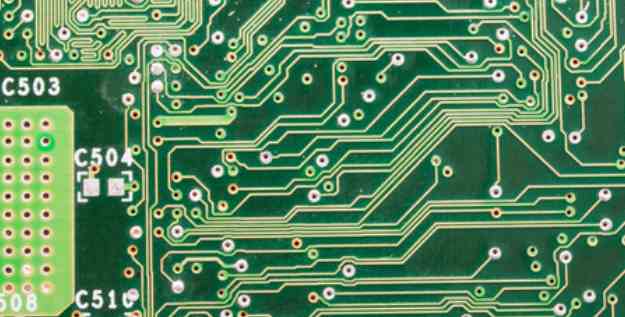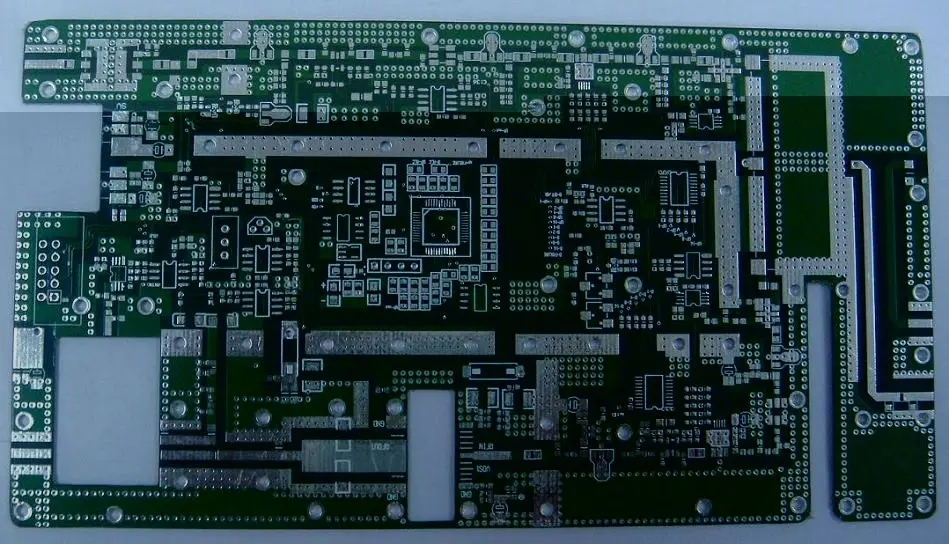
Simple analysis of basic knowledge of PCB schematic diagram
1、 What is PCB schematic circuit diagram, also called circuit schematic diagram, is a drawing that reflects the electrical connection of components in electronic equipment. The circuit diagram is composed of some abstract symbols according to certain rules. By analyzing and studying the circuit diagram, we can understand the circuit structure and working principle of electronic equipment. Therefore, understanding the circuit diagram is an important part of learning electronic technology and the premise of electronic production or maintenance. 2、 What elements constitute a complete circuit A circuit diagram is composed of several elements, including graphic symbols, literal symbols, connecting lines and annotative characters
1、 What is PCB schematic diagram
Circuit diagram, also known as circuit schematic diagram, is a drawing that reflects the electrical connection of components in electronic equipment. The circuit diagram is composed of some abstract symbols according to certain rules. By analyzing and studying the circuit diagram, we can understand the circuit structure and working principle of electronic equipment. Therefore, understanding the circuit diagram is an important part of learning electronic technology and the premise of electronic production or maintenance.
2、 What elements constitute a circuit
A complete circuit diagram is composed of several elements
These elements mainly include graphic symbols, text symbols, lines and annotative characters. Next, we will make a further explanation through the example of the circuit diagram of the wireless microphone shown in Figure 1.
1. Graphic symbols
Graphical symbols are the main body of circuit diagrams. Figure 1 shows the circuit diagram of the wireless microphone. Various graphical symbols represent the components that make up the wireless microphone. For example, small rectangles represent resistors, two short bars represent capacitors, and continuous semicircles represent inductors. The circuit structure of the wireless microphone can be reflected by connecting the graphic symbols of various components, which constitutes the circuit diagram of the wireless microphone.

2. Text symbols
Character symbol is an important part of circuit diagram. In order to further emphasize the nature of graphic symbols, as well as to analyze, understand and elaborate
For the convenience of circuit diagram, the text symbols of each component are marked beside the graphic symbols of each component. For example, "R" represents resistor, "C" represents capacitor, "L" represents inductor, "VT" represents transistor, "IC" represents integrated circuit, etc.
The graphical symbols and literal symbols of common components are shown in the attached table.
3. Annotative characters
Annotative characters are also an important part of the circuit diagram, which are used to describe the numerical value or specific model of components.
3、 Drawing rules of circuit diagram
In addition to stipulating unified graphic symbols and literal symbols, circuit diagrams also follow certain drawing rules. Understanding and mastering the general drawing rules of the circuit diagram is essential for understanding the circuit diagram.
The appropriate circuit type and analysis steps for each method.
DC equivalent circuit analysis method: draw the DC equivalent circuit diagram to analyze the DC system parameters of the circuit
Make clear the transistor's static operating point and the interstage coupling mode of bias property. Analyze the status and role of relevant components in. For example, the working state of the triode, such as saturation, amplification, and the diode in the cut-off area is on or off.
AC equivalent circuit analysis method: first draw the AC equivalent circuit, and then analyze the AC state of the circuit, that is, whether the voltage and current of each link in the circuit change according to the law of the input signal when the circuit has signal input, whether it is amplification, oscillation or clipping, shaping and equality discrimination.
3. Frequency characteristic analysis method: It mainly depends on whether the frequency of the circuit itself is compatible with the spectrum of the signal it processes. Roughly estimate the upper and lower limits of its central frequency and the bandwidth, such as various filtering, notch, resonance, frequency selection and other circuits.
4. Time constant analysis method: mainly analyze the circuit and properties composed of R, L, C and diodes. Time constant is a parameter reflecting the speed of energy accumulation and consumption on energy storage elements. If the time constant is different, although its form and connection method are similar, the common functions are coupling circuit, differential circuit, integral circuit, decoupling circuit, peak detection circuit, etc.
Finally, it is not difficult to understand the actual circuit by comparing it with the basic principle according to the above method step by step according to the role of components in the circuit. Of course, we still need to persevere in learning if we want to really understand.
The circuit board manufacturer and circuit board designer will explain the basic knowledge of PCB schematic diagram for you.


